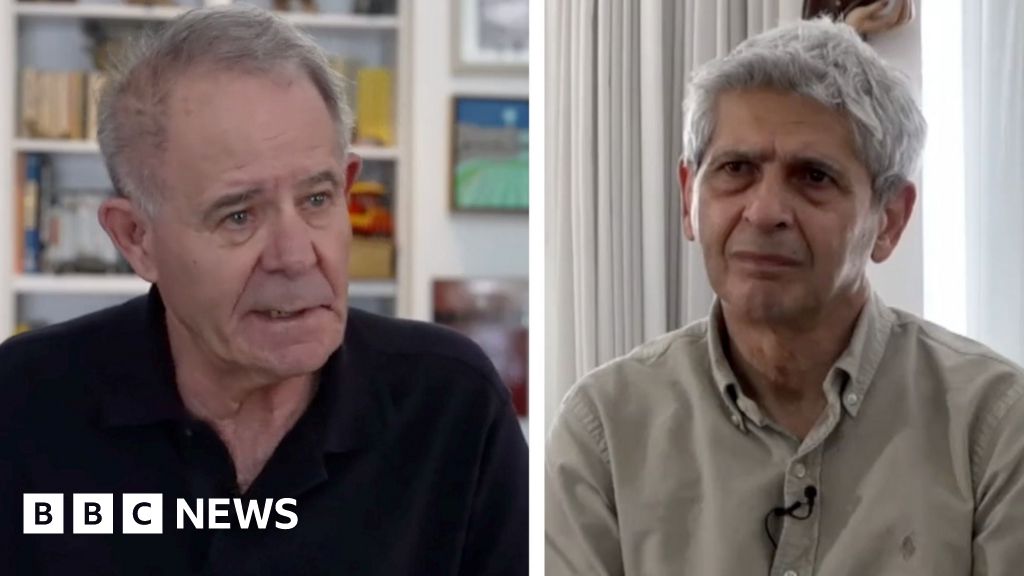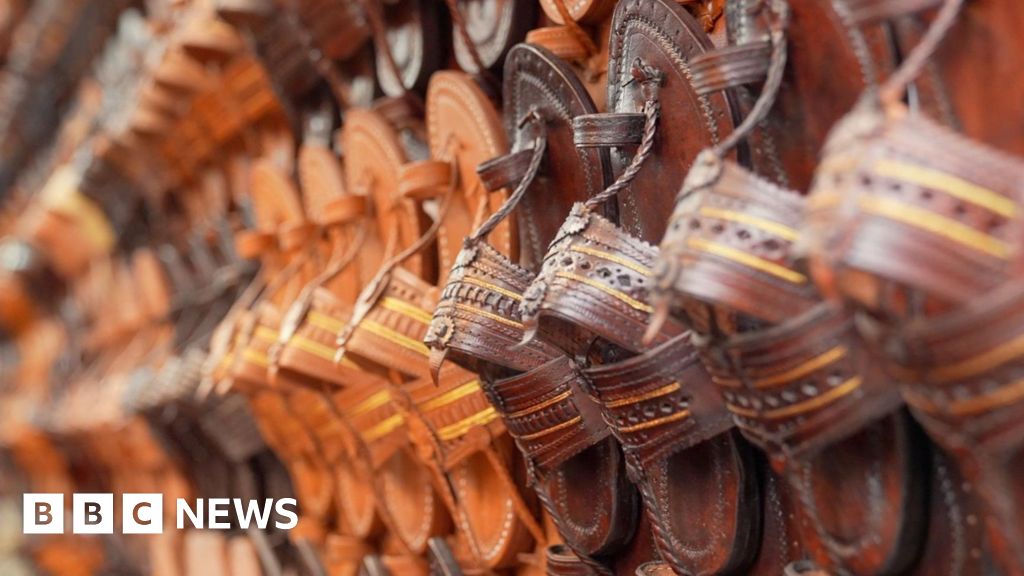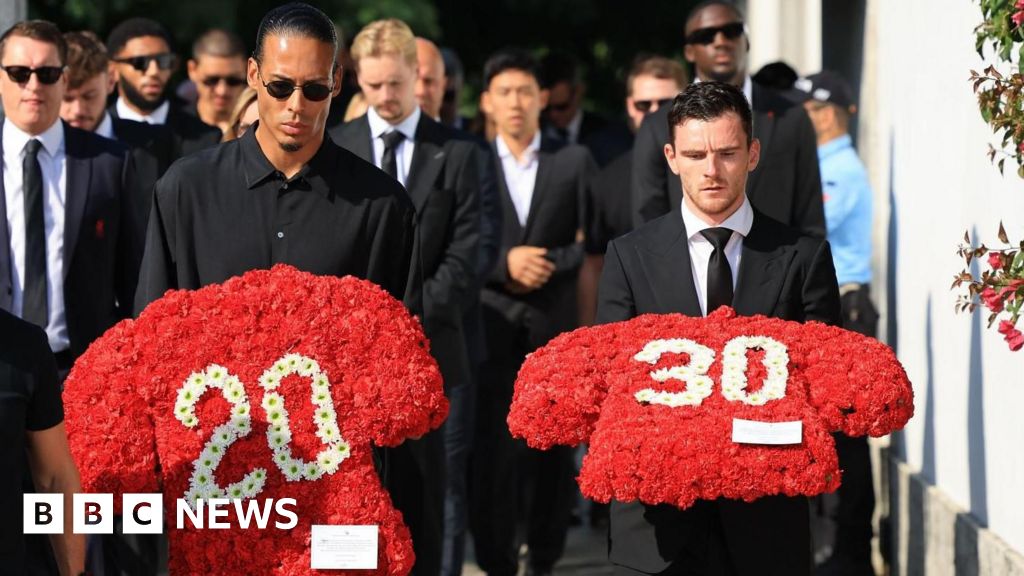Beneath yellow fruit, hidden within the roots of the iboga plant in the forests of Gabon, lies a sacred treasure that the country is keen to make the most of.
For centuries, religious devotees have eaten it—a psychotropic shrub that users say has addiction-fighting powers.
It fascinates foreign visitors, psychiatric patients and rich pharmaceutical companies that want to market it.
Now this central African country, where its use is enshrined in ancestral tradition, is scrambling to avoid missing out on the boom.
Teddy Van Bonda Ndong, 31, an initiate in the Bwiti spiritual tradition, calls it “sacred wood.” He consumes it in small amounts daily, he said, for his “mental and physical health.”
“It has a lot of power to help human beings,” added Stephen Windsor-Clive, a 68-year-old retiree.
“It’s untapped. A mysterious force lies within this plant.”
He traveled to Gabon from Britain and consumed iboga—in a powder ground from its roots—during a 10-day Bwiti ceremony.
He tried it with a view to adopting it as a treatment for his daughter, who suffers from mental illness.
Economic potential
Given the interest, Gabon is seeking to channel the plant onto the international marketplace.
Exports of iboga products, including its active ingredient ibogaine, are few and strictly regulated in the country.
It grows mostly in the wild, but “more and more effort is being made to domesticate the plant,” said Florence Minko, an official in the forestry ministry.
Potentially toxic in high doses, ibogaine can have effects similar to LSD, mescaline or amphetamines, and cause anxiety and hallucinations.
But users believe it can help drug addicts kick their habit and treat post-traumatic stress and neurological illnesses.
Yoan Mboussou, a local microbiologist and Bwiti initiate, hopes to gain an export license for the 500-milligram ibogaine capsules he produces at his laboratory near the capital Libreville.
He sells them in Gabon as a food supplement, declaring them to have “anti-fatigue, antioxidant and anti-addictive” qualities.
Iboga, he believes, “is a potential lever to develop the economy and the whole country.”
Tradition and IP
Countries such as the United States and France class iboga as a narcotic because of health risks identified in studies, especially heart issues. But it is used in treatment centers in countries including the Netherlands, Mexico and Portugal.
Numerous studies have examined its effects—both helpful and harmful—and scientists have taken out dozens of international patents for ibogaine therapeutic treatments.
“Most of those are based on studies of iboga use by Gabonese people, particularly by Bwiti practitioners,” said Yann Guignon, from the Gabonese conservation group Blessings Of The Forest.
Despite the plant’s “colossal therapeutic benefits,” “Gabon is clearly missing out on the economic potential of iboga,” he added.
“It did not position itself in this market in time by developing productive iboga plantations, a national processing laboratory and a proper industrial policy.”
Overseas laboratories meanwhile have worked out how to make synthetic ibogaine and to extract it from other plants, such as Voacanga africana.
That flowering tree is available in greater quantities in Ghana and Mexico, which “can produce ibogaine at unbeatable prices,” said Guignon.
And “Gabonese traditional knowledge is not protected by intellectual property regulations.”
Currently only one company in Gabon has a license to export iboga products—though Minko, from the forestry ministry, said the country hopes this number will rise in the coming years.
She said companies were likely to produce more, spurred by revenue guarantees under the Nagoya Protocol, an international agreement on biological diversity and resource-sharing.
She wants the country to obtain a “made in Gabon” certificate of origin for iboga.
“This is a huge resource for Gabon. We have drawn up a national strategy for the conservation and sustainable use of the product,” she said.
“Gatherings will soon be organized, bringing together all the groups concerned: NGOs, traditional practitioners and scientists.”
Soothing properties
After harvesting iboga to the sound of traditional harps and consuming it in the initiation ceremony, Stephen Windsor-Clive was convinced by the benefits of iboga.
“I definitely want to bring my daughter here and have her have the experience,” he said.
“This is my last attempt to find something which might be of assistance to her.”
Another visitor, Tafara Kennedy Chinyere, traveled from Zimbabwe to discover Gabon and found, in the initiation, relief from anxiety and his “inner demons.”
“I feel good in my body, in myself,” he said, sitting under a tree after the ceremony.
“I feel like the iboga helped me to let go of things that you no longer need in your life.”
© 2025 AFP
Citation:
Gabon longs to cash in on sacred hallucinogenic remedy (2025, May 10)
retrieved 10 May 2025
from
This document is subject to copyright. Apart from any fair dealing for the purpose of private study or research, no
part may be reproduced without the written permission. The content is provided for information purposes only.



















